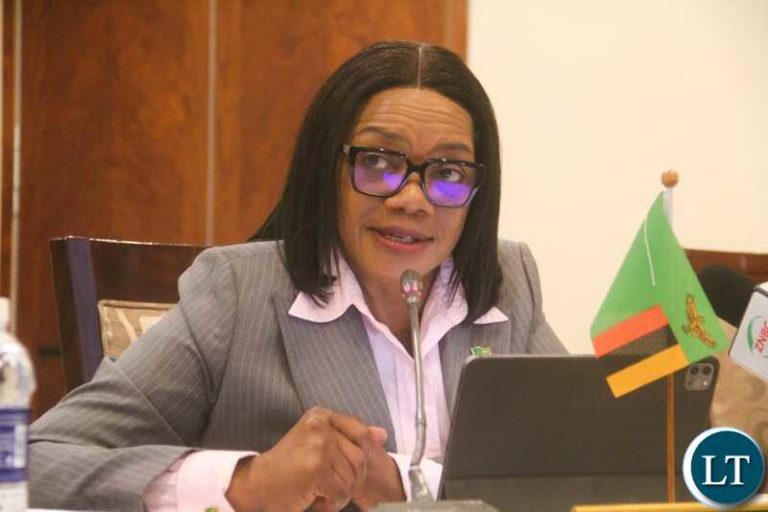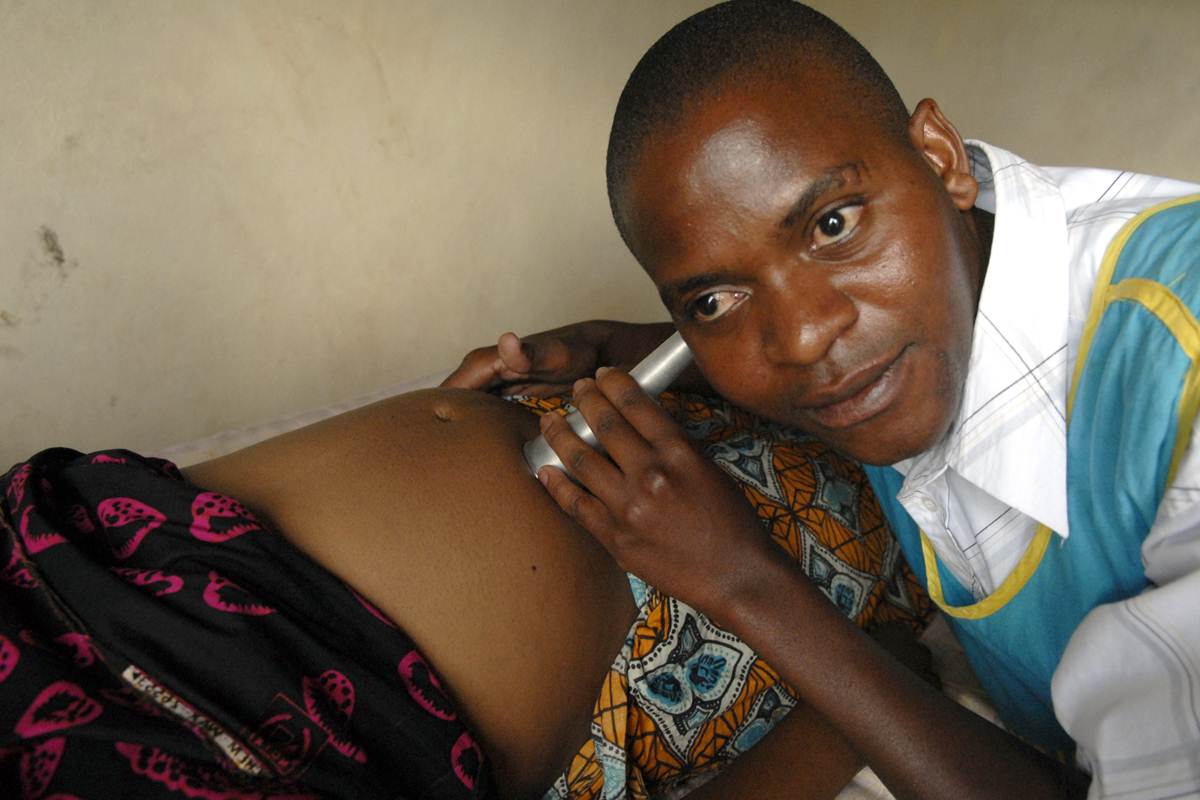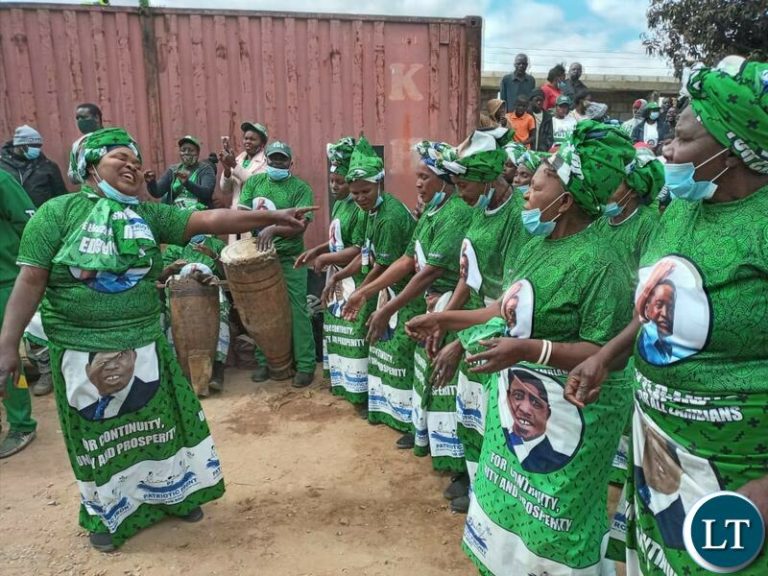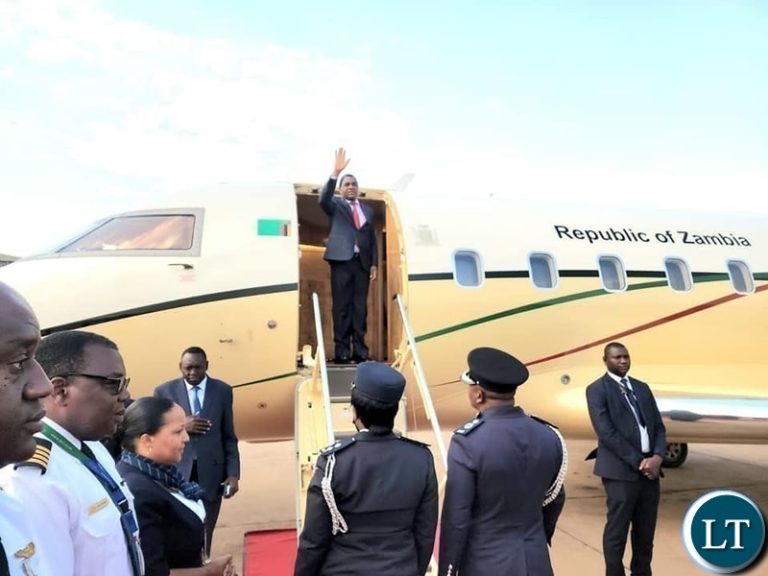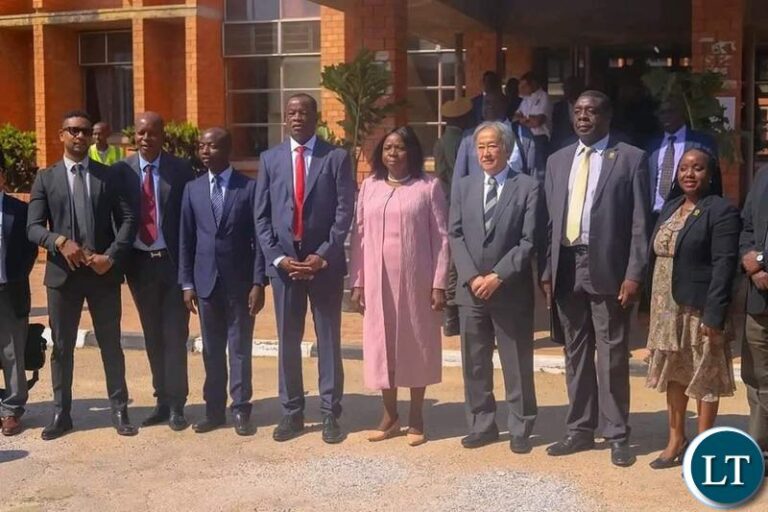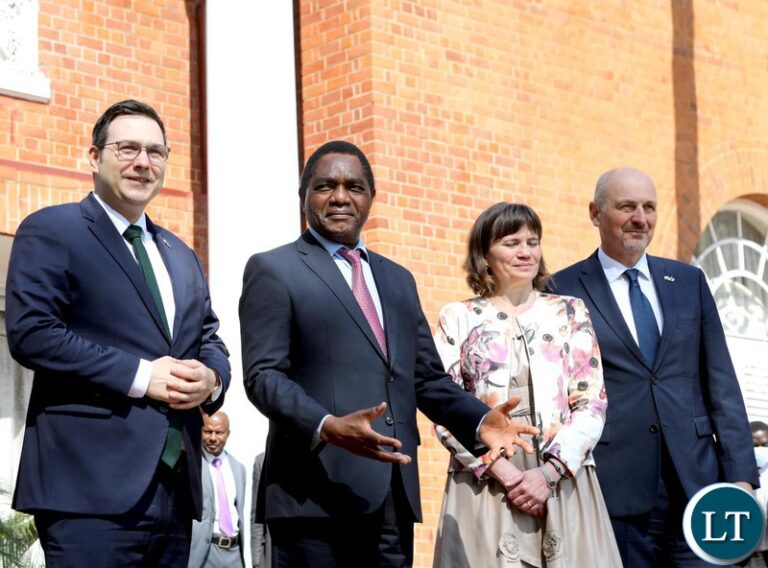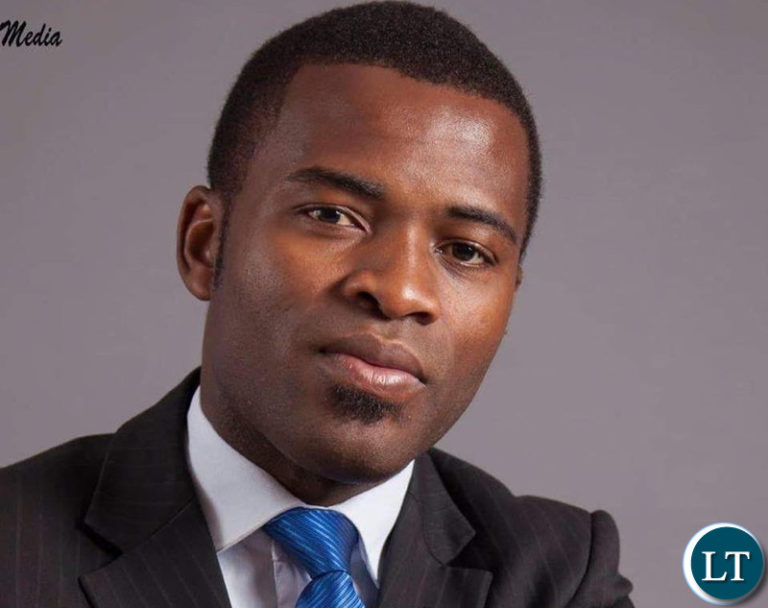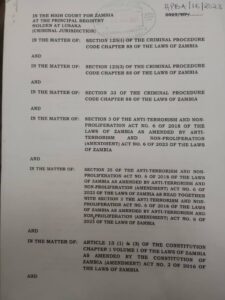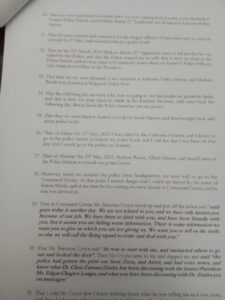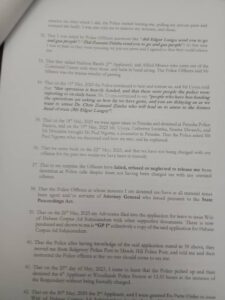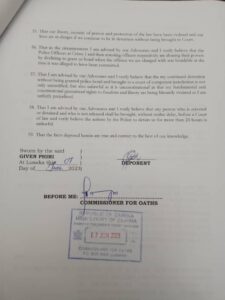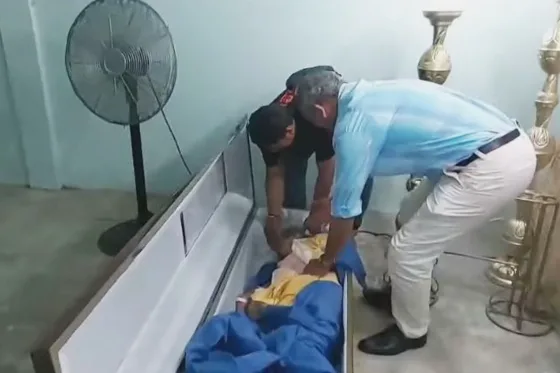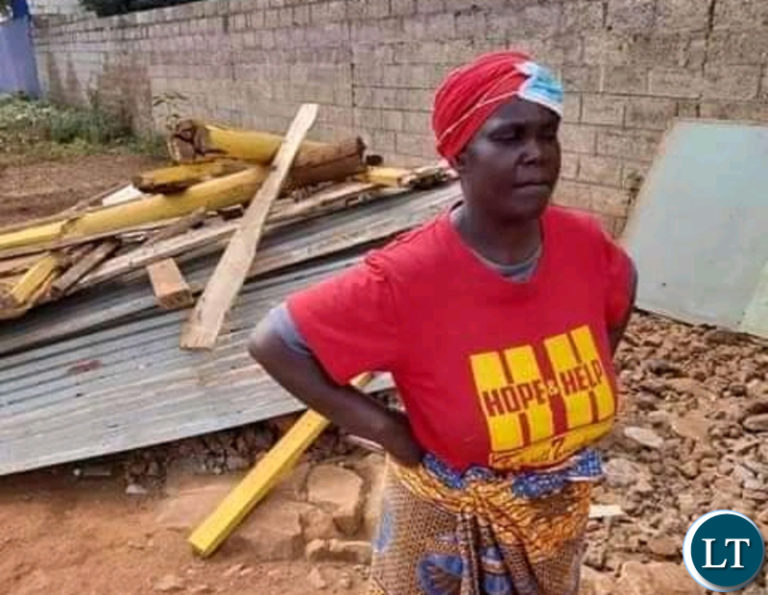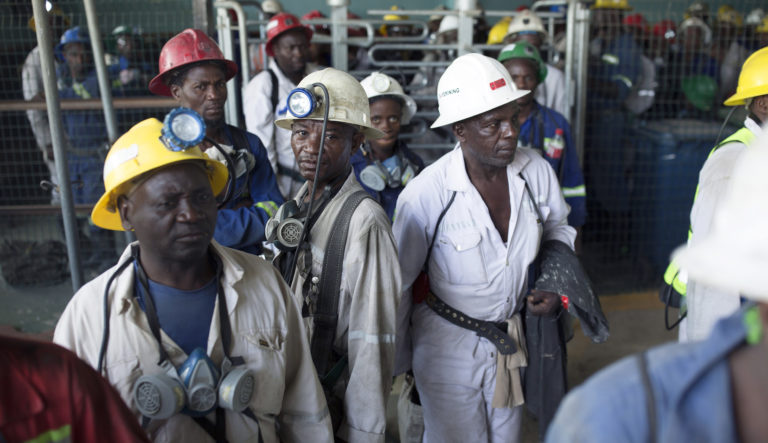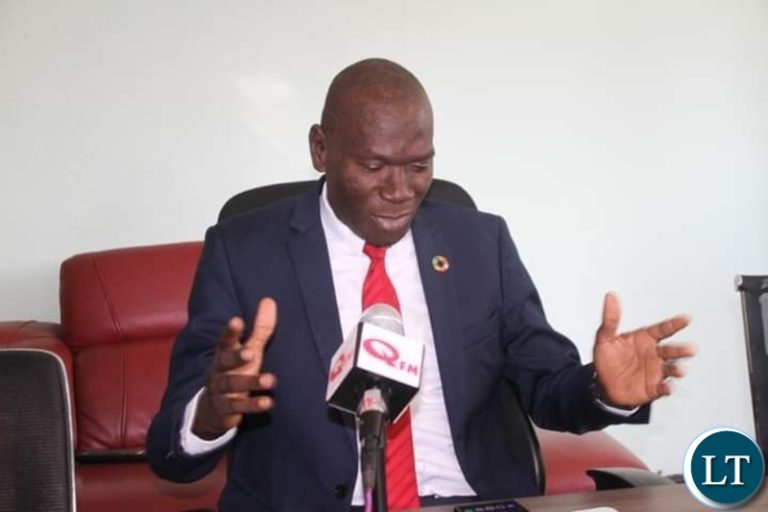By Dominic Liche
The Case
On 11th June 2023, media stories made rounds on social media and mainline media houses about a 20-year-old woman, a student of Evelyn Hone College who was arrested and charged for the offence of abortion contrary to Section 152 of the Penal Code Act. This was after the foetus and blood clots were found in a student’s bathroom and a blood trail was traced back to the woman’s room who was found in a weak state needing medical attention.
Apart from these brief facts, there is nothing much going to this story, only that it has fuelled a heated debate on the legality of abortion in Zambia. Very few have delved in the morality of abortion in Zambia. Ironically, many tend to think if something is illegal, it automatically becomes immoral, which is not the case. Acts can be legally right but morally wrong, legally wrong but morally right. The determinants of what is legally right are provided by statutes and common laws of the nation where abortion is being discussed, whilst the determinants of what is morally right are solely based on reason using ethical norms, principles, and theories. Whilst it is easy to determine the legality of abortion, it is painfully difficult to morally argue for or against abortion, because there seems to be some very good reasons on either side. In the end, morally speaking, determining the rightness or wrongness of abortion should be done on a case-to-case basis after thoroughly reviewing the facts, circumstances, intentions, norms, and reasons at hand. Morally speaking therefore abortion cannot outrightly be condemned nor condoned without facts at hand.
Introduction
Abortion is illegal in Zambia in many ways and are provided for by Sections 151-153 of the Penal Code Act, Chapter 87 of the laws of Zambia. These include intent to procure miscarriage of a woman (Section 151), intent to procure her own abortion (152), and supplying drugs or instruments to procure abortion (153). It must be noted here that the key words are doing so by unlawful means. This is because according to Termination of Pregnancy Act of 1972, Chapter 304 of the Laws of Zambia, abortions in certain circumstances are legal if provided conditions are met. The penalty for abortion related offences range from 3 years (unlawfully supplying means of abortion), to 7 years (abortion by women with child) to 14 years (when another attempts to procure abortion of a woman).
In the case at hand of the Evelyn Hone student, she has been formally charged with abortion by woman with child provided for in Section 152 of the Penal Code Act. And if found guilty, she could face imprisonment for 7 years. The Section states that “Every woman being with child who, with intent to procure her own miscarriage, unlawfully administers to herself any poison or other noxious thing, or uses any force of any kind, or uses any other means whatever, or permits any such thing or means to be administered or used, is guilty of a felony and is liable to imprisonment for seven years.”
Social media has been ablaze at this news that broke over the weekend. Many seem to outrightly condemn the woman in question for aborting her foetus mainly using convoluted religious justifications and others simply appealing to the Penal Code Act. The cut and paste news stories on this are also not helpful because none has done an in-depth story to find out if indeed the woman aborted or it was just a miscarriage (not clear whether it is just mob thinking in labelling abortion when foetus was discovered by students), if the women procured the means for abortion, or another person is involved (influencing her or supplying the means for abortion). The stories making rounds (which are the contentless same ones) are also quiet in how old the foetus was. These are relevant facts to make any judgement on the culpability of the woman in question. Without these facts, it would be very difficult to condemn the woman and find her guilty in the public court of social media. Of course, these facts are what the defence team of the woman will be seeking and presenting to either plead guilty or not guilty.
Moral Issues Surrounding Abortion in Zambia
Without making any judgment on the woman’s actions surrounding the alleged abortion, this story, and in many others that don’t come out in public raises many issues of concern to our society that many don’t want to raise or discuss. Most of these issues are moral in nature. I want to raise at least four ways the abortion debate in Zambia remains largely on the condemnation side rather than on the helpful side.
First, despite abortion being illegal in Zambia as prescribed by the Penal Code Act, abortion is legal in Zambia following the provisions of the Termination of Pregnancy Act of 1972, Chapter 304 of the Laws of Zambia. This simply means certain abortions are legal and others are illegal depending on the case at hand. That Act clearly makes abortion legal if the pregnancy is terminated by a registered medical practitioner on his recommendation and two other registered medical practitioners (one of whom should be a specialist in the branch of medicine under where the woman is seeking help). The recommendation should be done in good faith and should be contained in a signed certificate of opinion completed before termination of pregnancy is performed. Notification of all termination of pregnancies performed should be made to the Permanent Secretary of the Ministry of Health. The termination of pregnancy must be carried out in hospital. There are four reasons that could be used to make this recommendation This are; when the pregnancy poses;
i) risk to the life of the pregnant woman,
ii) risk of injury to the physical or mental health of the pregnant woman,
iii) risk of injury to the physical or mental health of any existing children of the pregnant woman,
or if iv) there is substantial risk that if the child were born it would suffer from such physical or mental abnormalities as to be seriously handicapped.
Despite this elaborate provision on when a pregnancy may be terminated, in emergency situations, a medical practitioner may terminate the pregnancy without consulting two other medical practitioners. If medical practitioners who are approached conscientiously object to terminating the pregnancy, the law does not force them to participate in the abortion unless when termination is necessary to save the life of the woman or to prevent grave permanent injury to the physical or mental health of the pregnant women.
What are we to make of these provisions. It is clear that if life of the mother is at risk in allowing the pregnancy is continue or it is necessary to prevent grave permanent injury to the physical health of the women, pregnancy should be terminated, and many would not find problems with it including medical practitioners. There is a lot of debate on what constitutes risk to mental health of the women or existing children and how this can be assessed. Many students or school going children qualify for an abortion using this provision because for many, pregnancy presents a risk to their mental health in the following ways, threat of stopping school, threat to the performance at school, the burden of taking care of a child with minimal resources, not being prepared to take care of the child, being too young in age to take care of the child, diminished future prospects if they have a child and the hustle of dealing with the father of the child (who may want to marry the woman immediately or grab the child immediately it is born), risk of being disowned by the parents or family, loss of friends who may now classify the mother as older than them, and other mental problems that may come with not being prepared to have a child or carrying an unwanted pregnancy.
If a person therefore is unprepared for having a child, does not want the child, and the child presents harms to the present and future life, a pregnant woman should go forth to a health facility to seek a legal abortion. Most of the urban health institutions (public and private) have medical practitioners ready to help such women with termination of pregnancy if they fall in any of those four categories. It is highly recommended that such women present themselves as early as possible or at least in the first trimester of the pregnancy before the foetus grows too big because then more intrusive means of abortion (including surgical procedures) may be required that may pose complications to the pregnant woman.
Second, despite clear legal provisions, many abortions, safe and unsafe, continue to be carried out. This is mainly because pregnant women and their partners sometimes are ignorant that abortion is legal on legally provided grounds, rely on dogmatic unclear and unhelpful religious beliefs that consider abortion murder (after all, Zambia is a Christian Nation!), are shy to go to a hospital to specifically ask where termination of pregnancy can be done, some health care professionals are hostile to especially young woman who go to HC facilities seeking the service, face stigma from their friends of being labelled one who has aborted and thereby want to do it in secrecy, do not have the means to secure a medical abortion (transport fees, consultancy fees, ultrasound services, lab tests, hospital visits). In the early stages of pregnancy where the ‘abortion pill’ may be all that is required for the procedure, an abortion may cost anywhere in the range of K500 to about K2000 depending on which health facility one goes to, and whether they go to a high-cost public institution or private health facility.
Because of the stigma on abortion, perceived hostility from some health care personnel and the rampart misinformation surrounding the legality of abortion in Zambia, many who qualify for an abortion, like students who don’t want the pregnancy, may not access a safe legal abortion and may prefer illegal underground private arrangements, use traditional medicines whose safety and efficacy remains in question, and use dangerous instruments to do so. Most of these private illegal arrangements pose serious risk of harm to the woman as in many cases, no follow up hospital visit is arranged, pregnancy tends to be terminated very late (mostly in the second trimester with a few in the third), and the safety of the procedures is not guaranteed.
The irony is we live in a country with very liberal abortion laws, yet many feel that abortion is illegal, unsanctioned, and almost impossible to get even when they may be aware of the laws.
Third, certain abortions should be seen as, not only legally permissible, but also morally permissible. Philosophers and others have presented many arguments for such abortions where it may be seen as being within the reproductive rights and autonomy of the woman over body and life, in cases of incest, rape and defilement, abortion as self-defence, where generally there are more good consequences over bad ones in abortion compared to having the child, where the foetus especially in very early stages is seen as not a person thereby not have moral status compared to people after birth, where it is necessary to save the life of the mother or prevent grave harm to her, where if born the child would be severely deformed, where pregnancy is seen as unwanted bodily evasion of the body, where necessary precautions were taken but pregnancy still occurs, and that provision of safe legal medical abortions will make women less likely to seek dangerous unsafe illegal ones. Interesting analogies have been used such as the ailing violinist who finds themselves attached to another body, rapidly growing child in a tiny house risking bursting the house, burglar and people seeds analogies and the right for self defence… (see: Judith Jarvis Thomson: A Defense of Abortion).
Certain other abortions are morally wanting. I won’t go into broad arguments against abortion that have been given (abortion is murder, it cheapens life, unnecessarily in face of contraceptives, foetus is a person with same rights as adults, abortion leads to more harm than good, deprives foetus of a valuable future, could lead to allowing infanticide and even euthanasia). But I think some abortions are morally wanting and even unjustifiable like; abortion for very trivial reasons (like aborting to avoid losing good looks, not missing a trip abroad), late abortion other than when there is grave risk to the life or physical health of a woman, abortion to extort money from a man or hold a man to ransom or to psychologically injure the man responsible for the pregnancy, and being sexually reckless and taking no precaution at all but planning that should one become pregnant they will seek abortion services.
Fourth, there is an urgent need to cultivate a culture of freely discussing the morality of a number of moral issues in our society. For long our society seems to avoid and discourage us to openly talk about the moral permissibility of controversial issues like abortion, homosexuality, possible immorality of eating meat, polygamy, the morality of having children, prostitution, pornography, early marriages, food wastage at household levels, and many other issues. Without talk and discussion on these issues, we are not solving the problems that may be surrounding them but just perpetuating them. If open discussion were to take place, we could see some of these acts morally permissible even when legally impermissible. This could help us take steps to amend our viewpoints, policies, and laws on these to provide for their permissibility. They could also help us sharpen existing laws. For example, the provision in the Termination of Pregnancy Act that termination can only be performed by a medical practitioner in consultation with two other medical practitioners, one of whom is a specialist, may discriminate many women in rural areas where health facilities may not have a luxury of having many medical practitioners available for the practice. Also, the provision that abortion should only take place in health facility may be inadequate especially for terminations that happen very early in the term of pregnancy. For many of these, a prescription of ‘abortion’ pills may be enough with a follow up hospital visit after the termination occurs in the comfort of one’s home. Lastly, there should be less punitive measures for desperate and vulnerable young women who access abortion services outside the prescribed systems for the reasons given above (stigma and being made a laughingstock by peers, misinformation about the legality of the procedure, the need for privacy). Slapping a young woman for 7 years imprisonment for an abortion that they may have qualified for had they gone to a hospital is not only excessive but counterintuitive.
Conclusion
It is good that Zambia has clear laws for when abortion is legal, and one can ‘easily’ access it especially in urban areas. It is good that such laws are liberal in nature, where many that may need an abortion can easily access one especially if they are informed and very early on in pregnancy. It is good that our laws provide limitations to curb possible abuse of these laws. But safe and unsafe illegal abortions continue to happen with some posing serious physical and psychological harms to the women. Unwanted children continue to be born after failed unsafe abortions posing serious harms to the mother and the children themselves. And a mushrooming ‘black’ market in ‘safe’ abortion provision may be fast brewing.
This calls for serious education on abortion laws, regulations and policies targeting populations that may easily be misinformed on the legality of the practice. It calls for open discussion on controversial moral problems like abortion to inform policy and legal reforms. And it calls for disputing myths surrounding abortion that may be making rounds (such as if you access a safe abortion you will not have children in future, abortion ‘finishes’ the woman, abortion is outright murder, etc).
Let us not just rush to condemn those who are exposed in public to have ‘illegally’ aborted without gathering our facts and getting them right. We should not rush to condemn without having a critical mind of our own on the issue.
In the end in many such cases, we may discover, “palibe mulandu!”.
Dominic Liche is a lecturer in ethics and philosophy at the University of Zambia.



